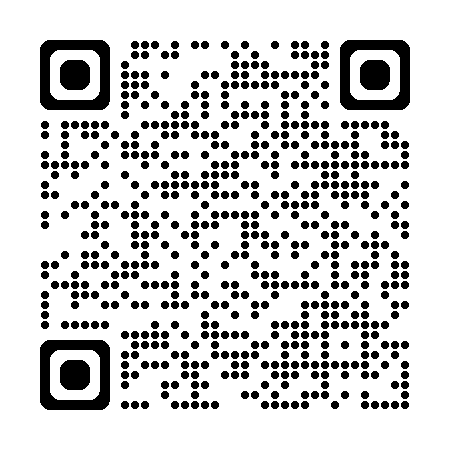Concussion in Children
Your child has been diagnosed with a concussion. This leaflet contains some important information to help their recovery from this injury.
What is Concussion?
Concussion is a temporary injury to the brain that affects how the brain functions. It is often caused by a bump or blow to the head. It can also be caused by knocks to other parts of the body that jolt the head such as a sports tackle. Most concussions occur without loss of consciousness (being “knocked out”).
Signs and symptoms of a concussion
- Tiredness and weakness
- Changes in mood or behaviour
- Headaches
- Poor concentration
- Nausea
- Memory loss
- Dizziness
- Changes to sleep
- Confusion
- Difficulties processing information
- Vision changes
- Difficulties at school
Symptoms usually appear immediately after the injury or within the first 24 to 48 hours. Most children recover completely and symptoms get better within a few days or weeks. Some children may develop post-concussion syndrome and take longer to get better.
Share this page

What can I do to help?
The first 24 to 48 hours: Time to rest
- Minimise the amount of screen time, physical and mental activity
- Try and create a calm and quiet environment - children may need a day or two off school.
Follow a Graduated Return To Activity programme
After the rest period children can gradually return to education and physical activity. It is important that the brain has time to recover. Returning to activity too soon can:
- Prolong or worsen symptoms
- Increase the risk of further concussion
- Increase the risk of other injuries
- Affect school performance
A further brain injury before a concussion has healed can be serious. It can cause permanent brain injury or death from second impact syndrome.
Further guidance
The UK Government has created a national concussion guideline which includes a graduated return to activity and sport programme.
What if I have ongoing symptoms or concerns?
The time it takes to return to normal activities and sport will be different for each child. A small number of children may develop post-concussion syndrome and need further support. Seek medical review:
- Urgently if any of the worrying features in the head injury advice leaflet occur.
- From your GP if symptoms do not improve by 14 days or are getting worse
- From your GP if symptoms are ongoing beyond 28 days
Further information
The Children's Trust have some useful guidance about learning to spot when a bump is a conussion.
If you need this information in an alternative format, please contact the Patient Experience and Engagement Team on 01226 434922.
Nëse ju nevojitet ky informacion në një format të ndryshëm, ju lutemi të kontaktoni ekipin e Eksperiencës së Pacientit dhe të Angazhimit në:01226 434922.
Если вам нужна эта информация в другом формате, пожалуйста, свяжитесь с отделом по работе с пациентами и взаимодействию с ними по тел: 01226 434922.
Jeśli te informacje są wymagane w innej formie, prosimy skontaktować się z Zespołem ds. doświadczenia i zaangażowania pacjenta na numer: 01226 434922.
Dacă aveți nevoie de aceste informații într-un format alternativ, vă rugăm să contactați echipa care se ocupă de experienţele şi angajamentul pacientului la nr: 01226 434922.
Ha erre az információra alternatív formátumban van szüksége, kérjük, lépjen kapcsolatba a Patient Experience and Engagement Teammel (Betegélmény és elkötelezettség csoport) a következő telefonszámon: 01226 434922.
